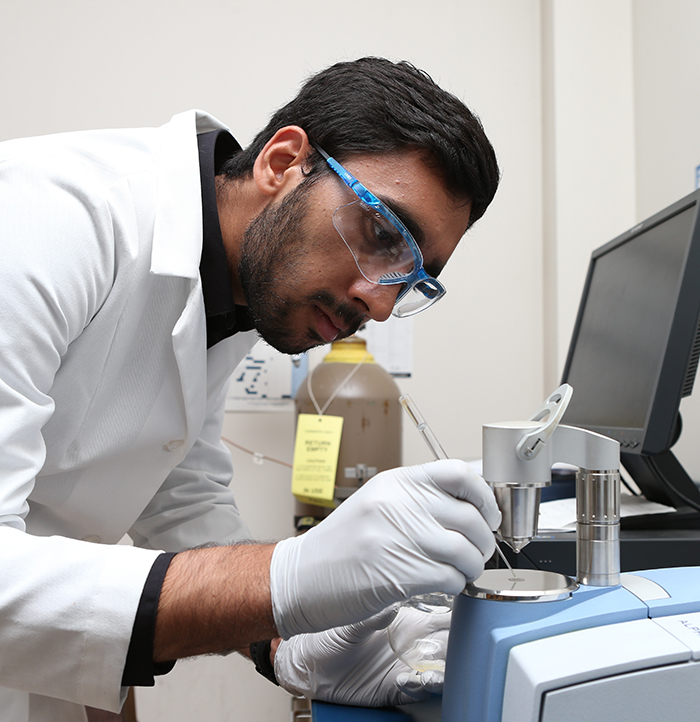Breathtaking Info About How To Become A Forensic Chemist
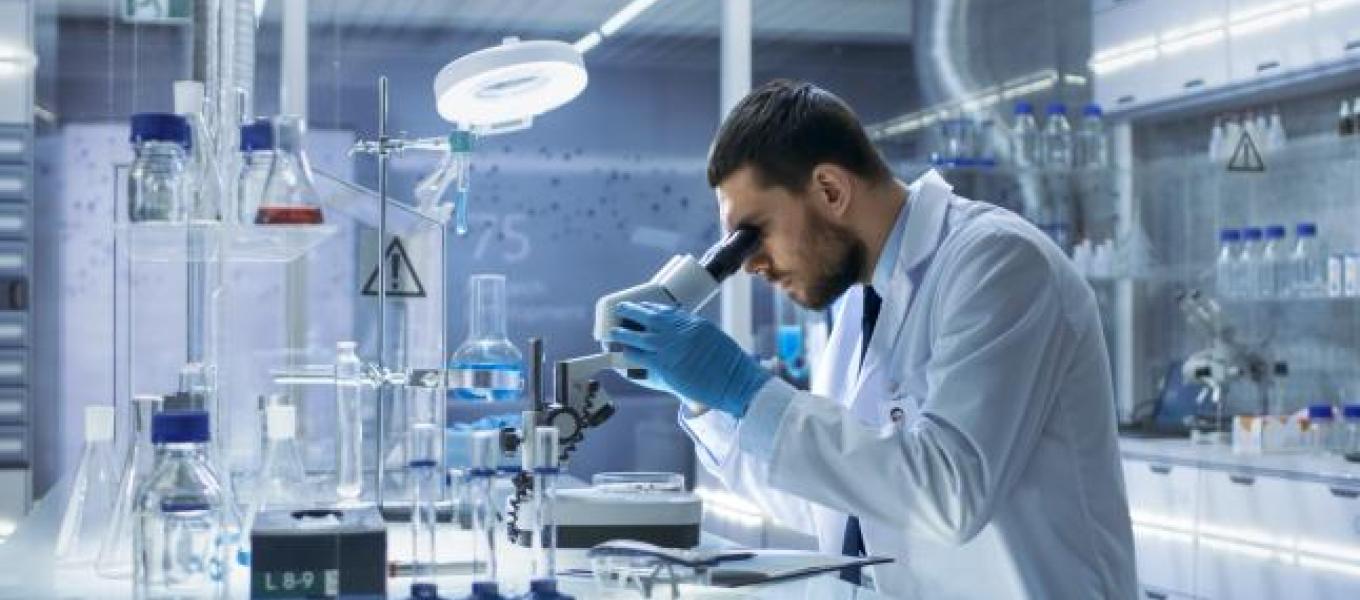
Since there is no licensure or other regulatory requirements for forensic science, the field is potentially open to a wide range of backgrounds.
How to become a forensic chemist. How to become a forensic chemist 1. Just like in other sciences, you need at least a bachelor’s degree in forensics to start a career in forensic science. During the career path toward becoming a forensic scientist, many applicants receive training while working at a police headquarters.
A bachelor's degree is a minimum requirement for a. In most cases, aspiring forensic scientists will need at least a bachelor’s degree to be eligible for entry level positions in the industry. You may go for a bachelor’s degree in any natural science,.
Get a forensic science education from an accredited college. If you're interested in becoming a forensic scientist, one of the first things to consider is how much education you need. To become a forensic chemist, you need to have a bachelor’s or master’s degree in a relevant field.
Even then, you may only land a job as a forensic technician. After initial education, aspiring forensic. Earn a bachelor's degree (4 years) forensic chemists are expected to have at least a bachelor's degree in clinical chemistry, chemistry, or a related.
Forensic chemists usually study chemistry, biology or criminal justice. In order to become a qualified forensic chemist, you need to gain education in the field of forensic science, involving a criminal justice element. We've determined that 80.1% of forensic scientists.
Below are the steps generally required to begin and advance your forensic scientist career. However, if you do not graduate with a. Many go on to earn a.

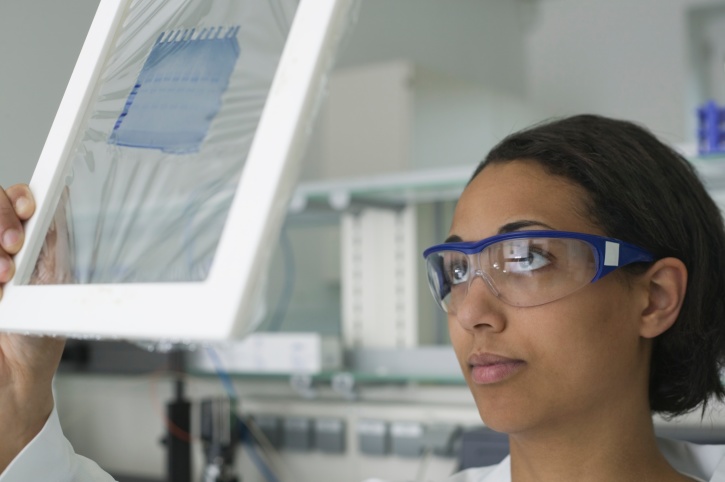
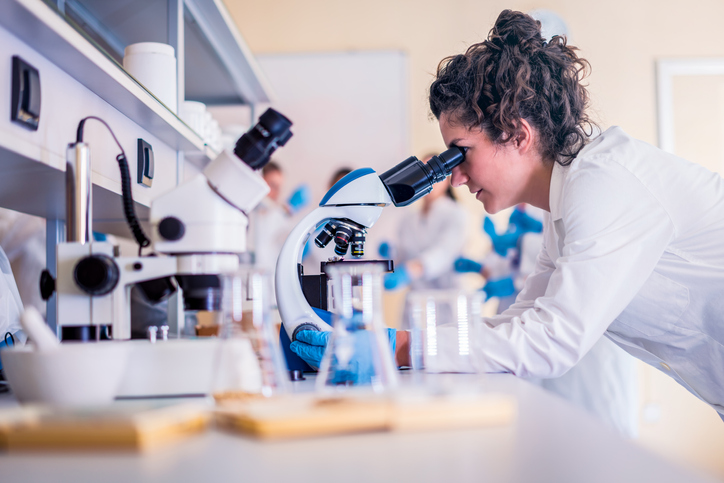
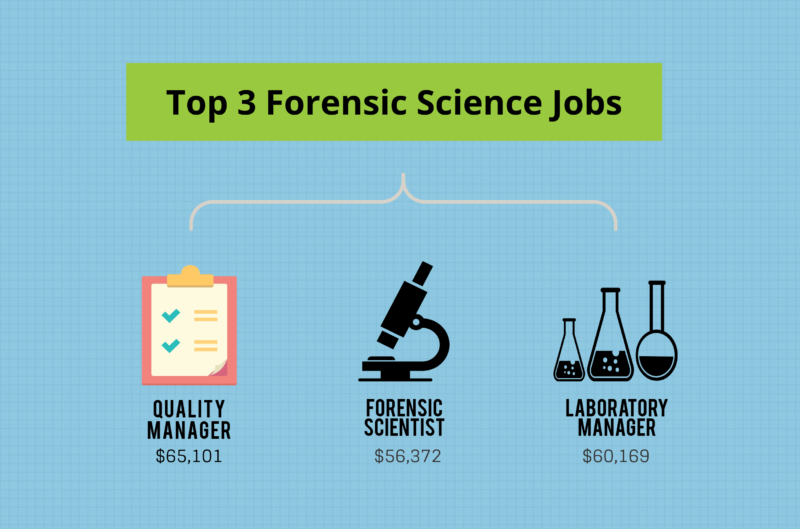
/487041745-56a1e26e3df78cf7726f9adf.jpg)


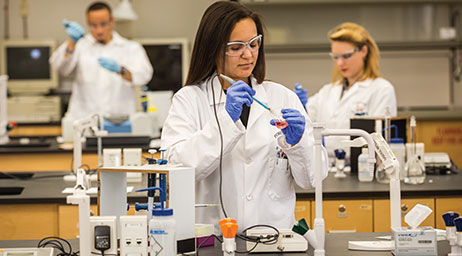

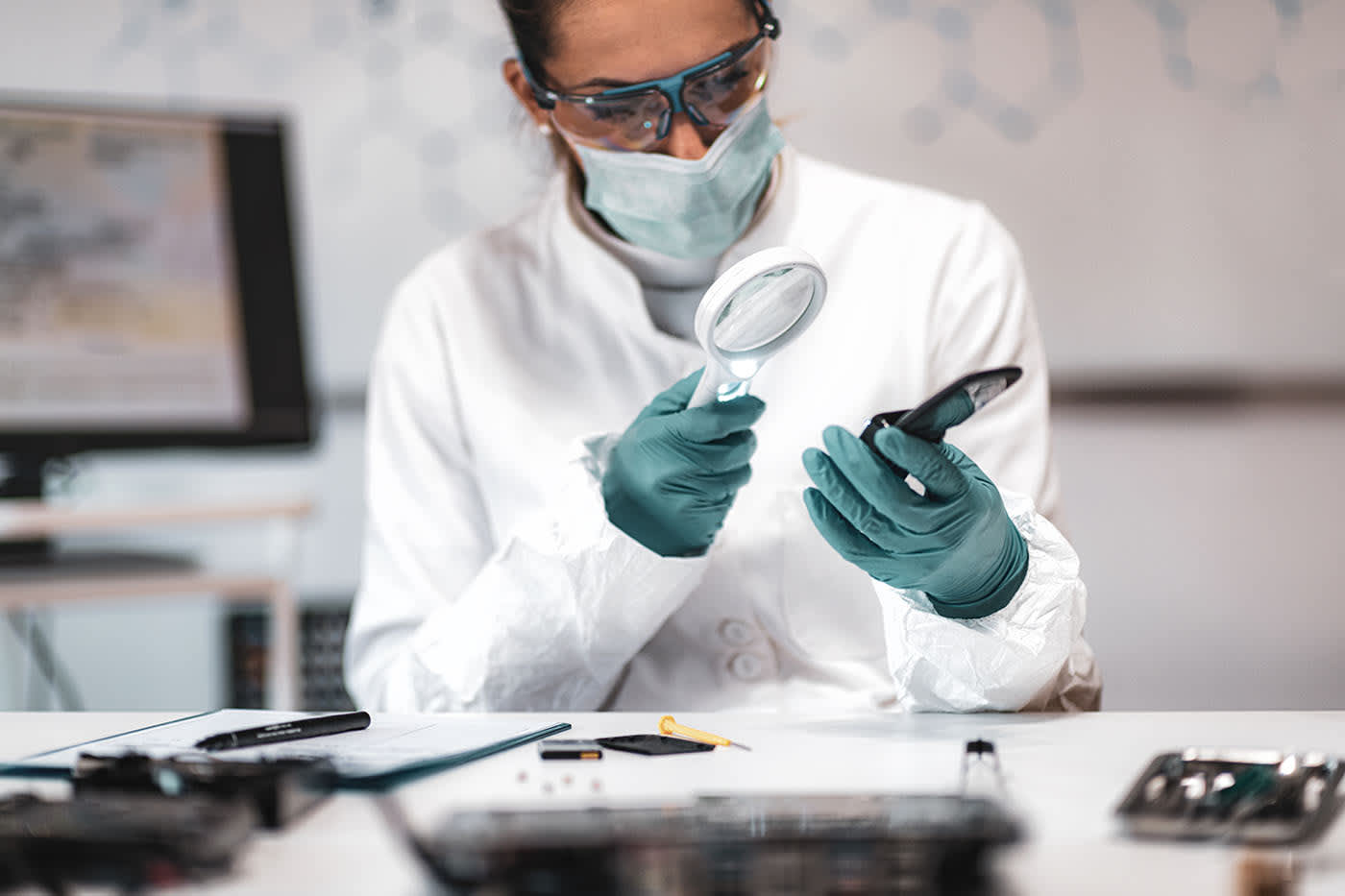
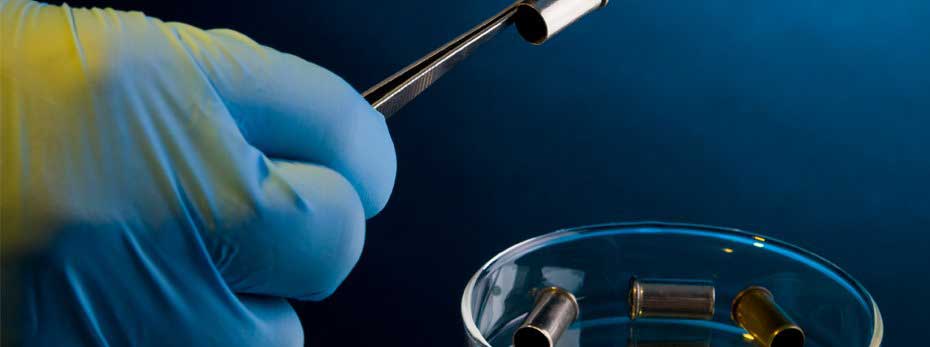




/forensic-toxicologist-job-and-salary-information-974647-edit-86df893186ef4b3fb7ba35f4395f0e53.gif)

